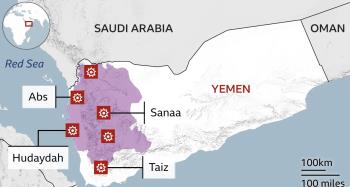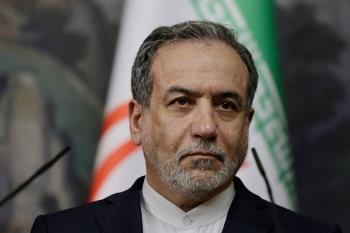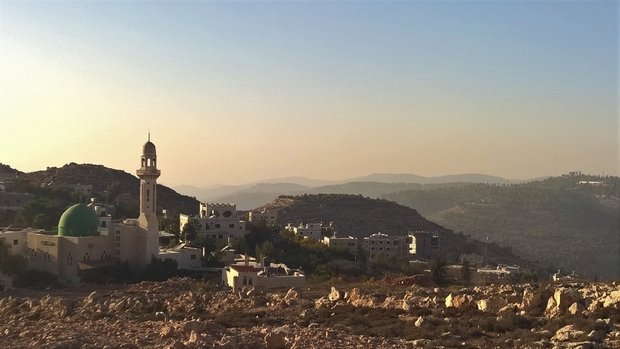Alwaght- Israeli regime's latest move to annex more Palestinian land in Occupied West Bank has triggered reactions among Palestinian locals and activists.
Earlier this week, Israeli leaders informed residents of al-Walaja village in West Bank that that they were moving a permanent military checkpoint closer to the village, several hundred metres further into the West Bank, Middle East Eye (MEE) reported.
While at first glance it might seem benign, the move would effectively cut off residents of al-Walaja,a n agricultural terrain cultivated by locals for millennia, from some 296.5 acres of land belonging to them and incorporate the historic village into the planned al-Quds (Jerusalem) Metropolitan Park.
The move to relocate the Ein Yael checkpoint would effectively confiscate the spring of Ein al-Haniyeh, one of the last remaining water sources in al-Walaja, and a popular recreational area for locals.
Touching on Tel Aviv regime's latest occupying move, Mazen Qumsiyeh, a professor at Bethlehem University, told MEE “Moving a checkpoint on its own doesn’t make sense unless you understand the overall strategy of a colonisation system that involves ethnic cleansing”.
“Al-Walaja is a microcosm of what is happening in Palestine as a whole,” the academic added. “All aspects and symptoms of colonialism, the various ramifications of colonisation, can be found in this one village.”
Squeezed between the illegal Israeli separation wall and the illegal settlements of Gilo, Har Gilo, and Gush Etzion, with only one road connecting the village to the rest of the West Bank, al-Walaja has been targeted by land confiscation policies of Israeli regime.
According to the UN, al-Walaja has lost more than 85 percent of its lands since 1948, while 90 percent of the residents of the village and their descendants were forced out, many of them ending up in nearby refugee camps, unable to return to their hometown despite it being located in the West Bank.
For Aviv Tatarsky, a researcher for Israeli NGO Ir Amim, the decision to open a national park in the area between East al-Quds and the cluster of settlements surrounding al-Walaja is a strategic “plunder” by Israeli authorities to encompass those settlements within plans for a “Greater Jerusalem".
“You can speak about nature, heritage, and tourism at the national park, things that sound very innocent and non-political, but it basically is a transparent settlement,” he told MEE.
“Israelis are going to have fun in the park while the landowners are dozens of metres away, on the other side of a barbed wire fence,” Tatarsky added. “It’s cruel and inhuman.”
According to Israeli regime's law, Tatarsky explained, lands in the al-Quds area do not need to be expropriated to be included within a national park - in fact, al-Walaja’s ownership of the lands was not disputed by the planning committee for the park.
However, the move to include more of the village’s lands within the borders of East al-Quds, preventing its owners from accessing it, means that Tel Aviv could rule down the line that the land has been abandoned under the Absentee Property Law and declare it state land - even though the landowners remain in al-Walaja.
Tatarsky said that the move to confiscate unpopulated lands, coupled with pushes to exclude Palestinian-majority neighbourhoods from al-Quds municipal boundaries, was all part of a longstanding Israeli policy of seizing “maximum land with minimum Palestinians”.



























